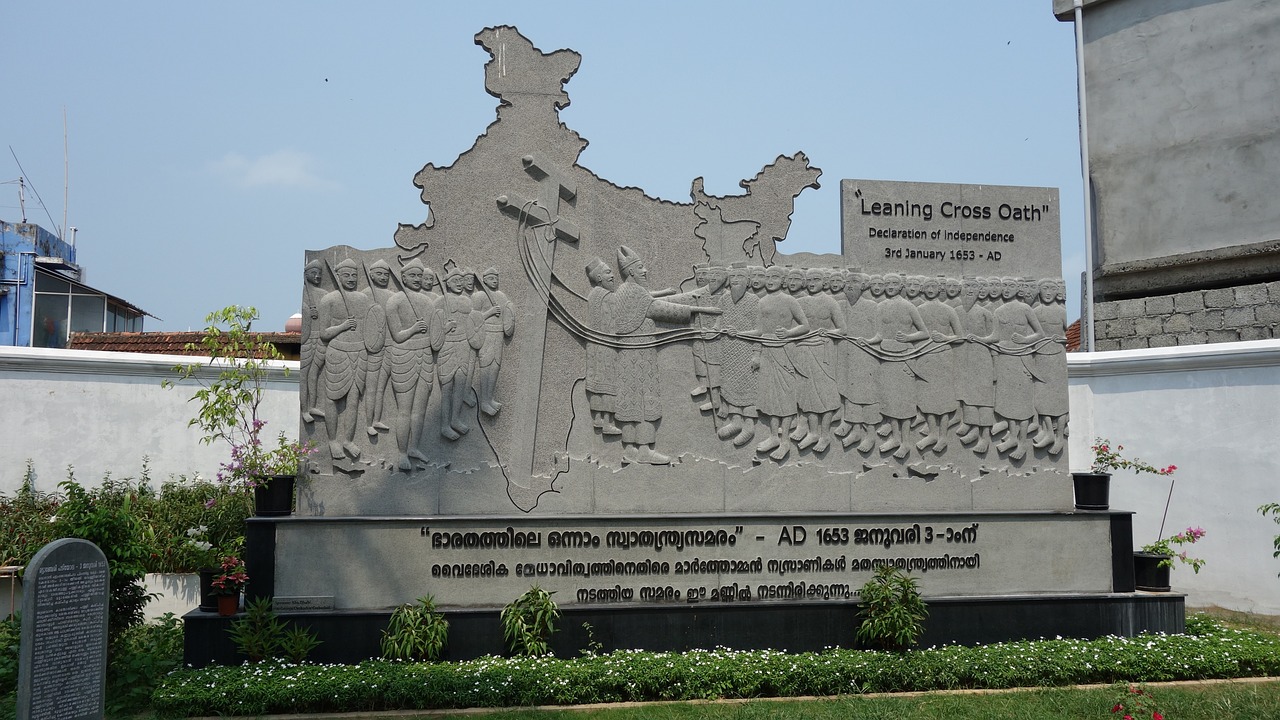Analyzing the Influence of National Security Threats on Voter Perception: Cricbet99.com sign up, Sky1exchanges login, Cricket bet99
cricbet99.com sign up, Sky1exchanges Login, cricket bet99: Analyzing the Influence of National Security Threats on Voter Perception
In today’s fast-paced political landscape, national security threats play a crucial role in shaping voter perception. These threats can range from cyberattacks to terrorism, and how they are handled by political leaders can have a significant impact on how individuals cast their votes. Let’s delve deeper into how national security threats influence voter perception.
The Role of National Security in Politics
National security has always been a top priority for governments around the world. It encompasses a wide range of issues, including military defense, cybersecurity, intelligence gathering, and counterterrorism efforts. When national security threats arise, they can quickly become the focal point of political discourse, with leaders being judged based on their response to these challenges.
Effect on Voter Perception
The way political leaders handle national security threats can have a direct impact on how voters perceive them. If a leader is seen as strong and decisive in the face of adversity, it can boost their popularity among voters. Conversely, a perceived lack of action or ineffective response to a threat can damage a leader’s reputation and erode public trust.
Additionally, national security threats can influence voters’ priorities and the issues that matter most to them. For example, a sudden increase in terrorist attacks may shift the focus of voters towards security and defense, leading them to prioritize candidates who offer solutions to these threats.
The Media’s Role
The media plays a crucial role in shaping public opinion on national security issues. News outlets often heavily cover security threats, analyzing them from different angles and scrutinizing leaders’ responses. This coverage can influence how voters perceive the severity of a threat and the effectiveness of their leaders in handling it.
Political Messaging
During election campaigns, candidates often emphasize their stance on national security issues in an attempt to sway voters. They may highlight their experience in handling security threats, outline their policies for improving national defense, or criticize opponents’ approaches to security challenges. These messages can resonate with voters who prioritize security issues in their decision-making process.
Global Events
In today’s interconnected world, national security threats are not limited to individual countries. Global events, such as pandemics, cyberattacks, and climate change, can have far-reaching implications for security and shape voter perception on a global scale. Leaders who demonstrate a strong ability to address these challenges may gain favor among voters concerned about international security.
In conclusion, national security threats have a significant influence on voter perception, shaping priorities, and determining the outcomes of elections. How political leaders handle these threats, the media’s coverage of security issues, political messaging during campaigns, and global events all play a role in shaping how voters view security issues. As we navigate an uncertain world, it’s essential to understand the impact of national security threats on politics and voter behavior.
FAQs:
Q: How do national security threats impact voter turnout?
A: National security threats can influence voter turnout by motivating individuals to vote based on security concerns. Higher-profile threats may lead more people to participate in elections to ensure their preferred leaders address security challenges effectively.
Q: Can national security threats influence election outcomes?
A: Yes, national security threats can play a significant role in determining election outcomes. Leaders who are perceived as strong and capable in handling security challenges may gain support from voters concerned about national defense, potentially impacting the final results of an election.







